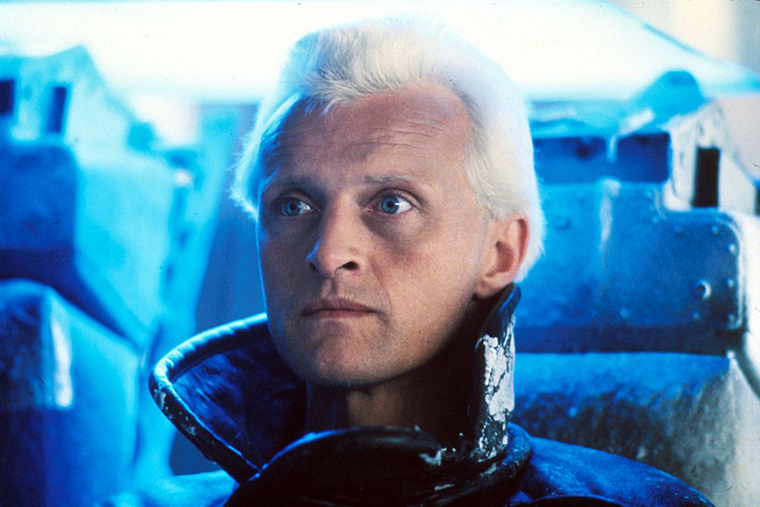
I find myself in a bit of an emotional quandary. I am one of the tens of thousands of heart patients walking around with an electronic pacemaker-defibrillator implanted in his chest, yet I can’t help feeling somewhat uneasy about where we Post-Darwinian Men and Women are headed.
My conventional self, created by my “mind of separation,” effectively relegates the small computer monitoring and regulating my every heart beat to just an imbedded chunk of metal and not part of the “real” me. However, my subtler non-self “mind of unity” reveals that the line dividing me from technology has effectively all but dissolved.
The evolutionary shape of things to come is techno-biomedical: gene analysis, splicing and replication; stem cell creation and cloning from ordinary cells, nanobots so small as to be able to circulate freely within and between cellular structures; artificially created DNA; Mini Me and Mini You.
Some of these things are already happening, and all of them will be achieved within the next decade. The human laboratory will replace natural selection as the primary engine of mutation and change. Interestingly, as the human population continues to explode (are we the Kudzu of the animal kingdom?), the rate of natural mutation will continue to increase as well. Our rapidly multiplying billions are generating an ever accelerating number of new DNA combinations so we continue to naturally evolve. Looking ahead, though, the by-product of the combination of human-made and nature-made evolution is entirely unpredictable, and is likely to produce outcomes well beyond our expectations. As per usual, our science fiction points out where things are going. X-Men Comics may well be a fair depiction of the future.
While computer and electronic technology are micro-sizing rapidly, an even greater computing efficiency will be provided via techno-biology in the future. The computational and storage capacity of cellular memory makes the most advanced computer “chip” look like a steam locomotive compared to a jet aircraft. Beyond that bio-technological frontier lies quantum computing using the ever-present underlying transformational wave structure of existence, an oscillation-based storage medium of almost infinite smallness. By then, our Post-Darwinian species will have morphed into something resembling nothing.
I have a hard time imagining what the world of our first grandchild, Isabelle, will look like when she is sixty years old. In my sixty years, we have moved from printed books to flat-screen computers, airplanes with propellers to rovers on Mars, grandfather’s dying of heart attacks at 62 to grandfathers kept alive by implanted defibrillators. Should Isabelle live to be ninety, the changes will be as dramatic as those experienced by my father, who has seen horse-drawn carriages used to carry messages morph into Skype and eMail.
Buckminster Fuller, the brilliant and prescient twentieth century futurist and inventor, constructed a time line to document the acceleration of technology, beginning with fire. He easily demonstrated that each new technological innovation hastens the development of the next. Yesterday, the robots began building the robots. Today, the robots are building us. Tomorrow, the robots will be us.
“More human than human, that’s our motto,” says Dr. Tyrell of the Tyrell Corporation, manufacturers of human replicas in the futuristic sci-fi movie Blade Runner. “More human than human.” I wonder what that means?
And this, dear reader, is when I begin to feel uneasy.